As biomass wood pellet is gradual becoming commercial fuel resource for residential and industrial heating, the pellet quality certification standards appear following. However, there are not yet unified standard for pellet quality certification in current international biomass pellet market. Two popular pellet quality certification standards accepted by regional pellet producers and pellet consumers, are the DIN plus pellet certification and EN plus pellet certification. That is to say, pellets certificated by DIN and EN standard, are commonly accepted as “premium”. The introduction of biomass pellets quality standard for residential and industrial pellets will not only keep a clear account of consumption but also will control the quality of products.
The DIN plus Pellets
The DIN refers to Deutsch Industry Norm. DIN Plus certification scheme for high quality wood pellets plant was firstly developed by DIN CERTCO in 2002. It is developed on the base of the German DIN 51731 certification and the Austrian ÖNORM M 7135 certification. This scheme includes the establishment of internal quality management and annual, external controls without announcement. DIN plus contributed a lot to the promotion of the residential pellet market in Germany and today, it is the most important quality label for high quality wood pellets worldwide. In total, 102 pellet producers are DIN plus certified and 61 of these are based in Germany. For producers in France, Belgium and Switzerland, the DIN plus certificate certainly is a instrument for selling pellets in their own home countries, while it provides access to Central European residential pellet heating markets to export-oriented producers in Poland, the Czech Republic, Romania and Argentina.
Parameters of the DIN Plus Pellets
|
Parameter
|
Unit
|
DIN plus
|
DIN 51731
|
Ö NORM M 7135
|
|
Diameter
|
mm
|
4~10
|
4~10
|
4~10
|
|
Length
|
/
|
<5×D
|
<50mm
|
<5×D
|
|
Bulk density
|
kg/dm³
|
> 1.12
|
1.0 – 1.4
|
> 1.12
|
|
Heat value
|
MJ/kg
|
> 18
|
17.5-19.5
|
> 18
|
|
Moisture content
|
%
|
10
|
12
|
10
|
|
Abrasion
|
%
|
< 2.3
|
/
|
< 2.3
|
|
Ash content
|
%
|
< 0.5
|
< 1.5
|
< 0.5
|
|
Chlorine content
|
%
|
< 0.02
|
< 0.03
|
< 0.02
|
|
Sulfur content
|
%
|
< 0.04
|
< 0.08
|
< 0.04
|
|
Nitrogen content
|
%
|
< 0.3
|
< 0.3
|
< 0.3
|
|
Heavy metals
|
%
|
regulated
|
regulated
|
not regulated
|
The EN plus pellets
The EN refers to European Norm. The EN plus pellet certification system has been introduced in Germany in 2010. Since then it has spread fast to the surrounding countries such as Austria, Belgium, Canada, Czech Republic, Denmark, France, Italy, Lithuania, Poland, Romania, Slovenia, Spain, United Kingdom and even the US. In 2012, around 3,2 million tons of actual EN plus pellets were manufactured. Now, already 90% of produced pellets in Austria and Germany are EN plus.
Parameters of the EN Plus Pellets
|
Parameter
|
Unit
|
ENplus-A1
|
ENplus-A2
|
test according to
|
|
Diameter
|
mm
|
6~8
|
6~8
|
/
|
|
Length
|
mm
|
3.15≤L≤40
|
3.15≤L≤40
|
/
|
|
Bulk density
|
kg/m³
|
≥600
|
≥600
|
EN 15103
|
|
Heat value
|
MJ/kg
|
≥16.5
|
≥16.3
|
EN 14918
|
|
Moisture content
|
max-%
|
≤10
|
≤10
|
EN 14774-1
|
|
Fine material(<3.15mm)
|
max-%
|
≤1
|
≤1
|
EN 15149-2
|
|
Ash content
|
max-%
|
≤0.7
|
≤1.5
|
EN 14775
|
|
Chlorine content
|
max-%
|
≤0.02
|
≤0.03
|
EN 15289
|
|
Sulfur content
|
max-%
|
≤0.05
|
≤0.05
|
EN 15289
|
|
Nitrogen content
|
max-%
|
≤0.03
|
≤0.05
|
EN 15104
|
|
Heavy metals
|
mg/kg
|
regulated
|
regulated
|
EN 15297
|

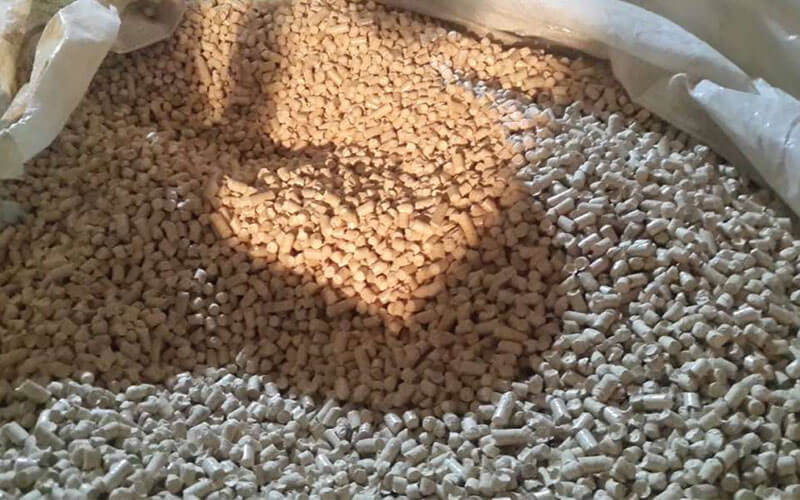


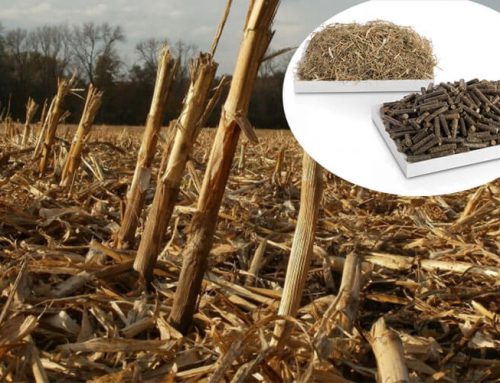
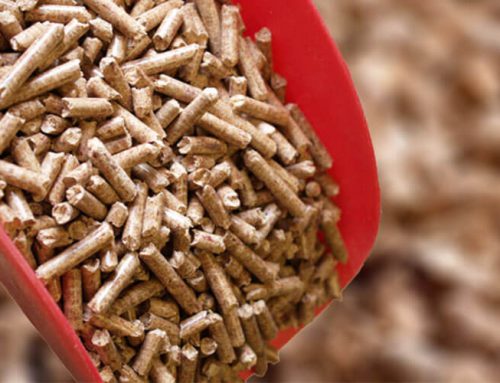
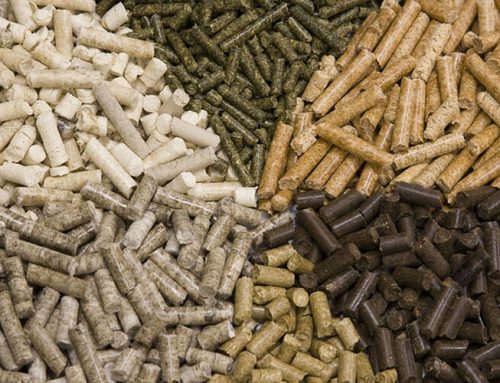
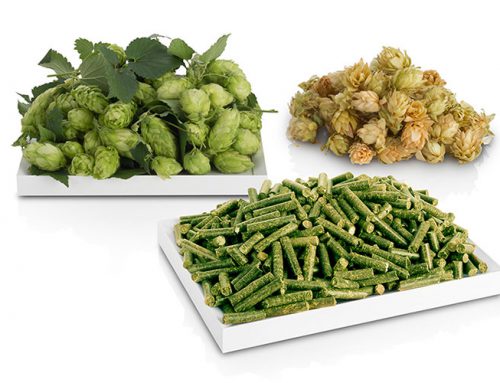
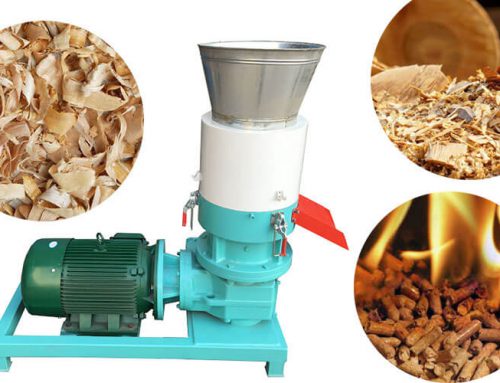
Leave A Comment